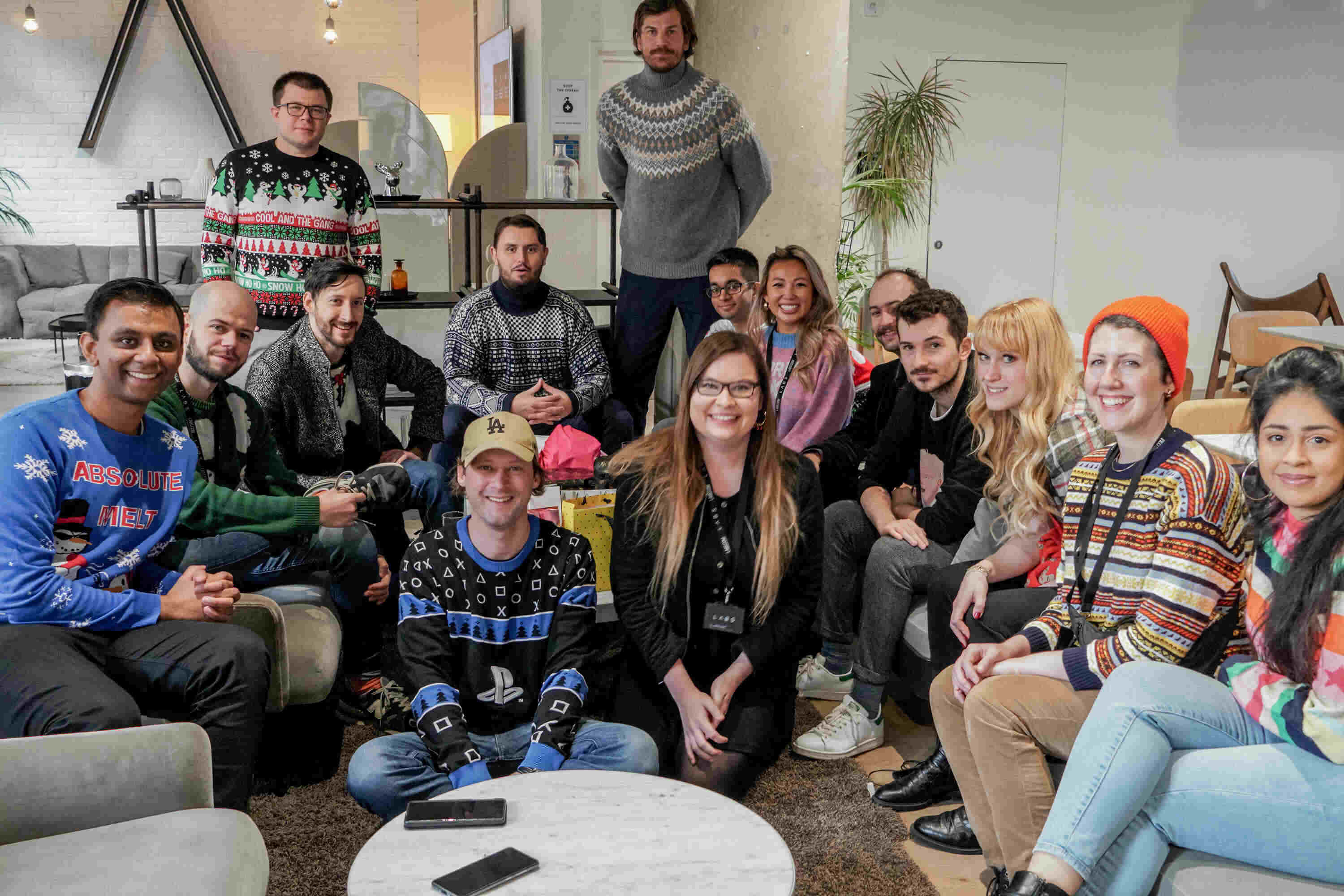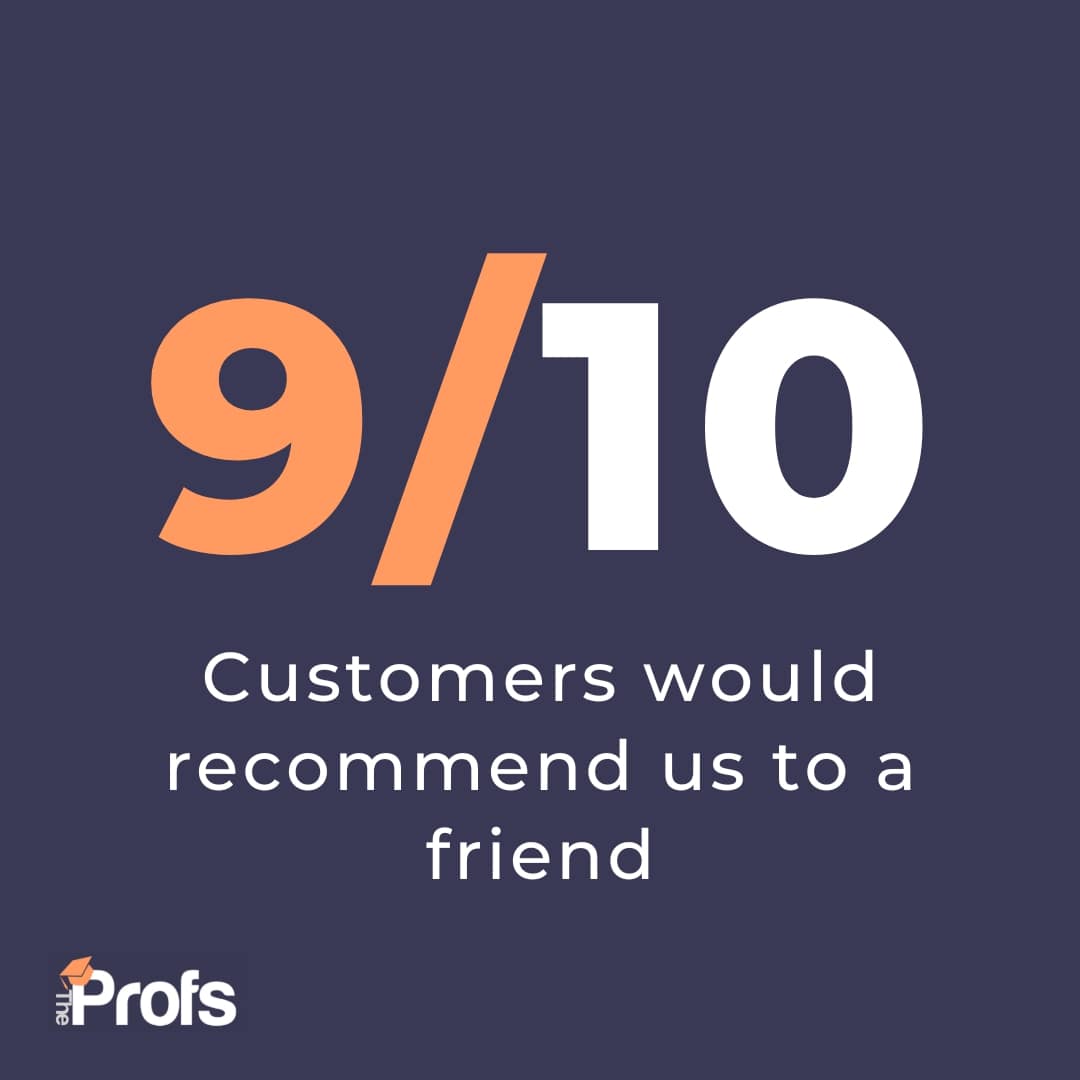How much does sitting a GCSE cost?
The cost of sitting a GCSE exam as a private candidate in the UK can vary, typically ranging from £30 to £150 per subject, depending on the examination centre and any additional administrative fees.
How much is a tutor per hour UK?
The hourly rate for tutors in the UK varies widely, generally ranging from £15 to £50, depending on factors such as subject expertise, location, and the tutor's experience and qualifications.
Is private tutoring legal in UK?
Private tutoring is legal in the UK, and many individuals offer tutoring services without the need for specific licenses. However, tutors working with children should undergo a DBS check to ensure their suitability for working with minors.
Why are private tutors so expensive?
Private tutors charge higher rates due to the personalised and specialised instruction they provide, often tailoring lessons to individual student needs. Factors such as qualifications, experience, and subject demand also influence pricing.
How much should I charge for 1 hour of tutoring?
The charge for 1 hour of tutoring in the UK should reflect your qualifications, experience, and the subject you are teaching. Rates typically range from £20 to £40 per hour, with specialised or highly experienced tutors charging at the higher end or beyond.
What is the difference between online and offline tutoring?
Online tutoring involves teaching via digital platforms, offering flexibility and access to a wider range of tutors. Offline tutoring, or in-person tutoring, provides direct interaction and can be more engaging for some learners, though it may be less flexible and more geographically limited.
What are the pros and cons of private tutoring?
Private tutoring offers personalised attention and tailored lessons, potentially leading to significant academic improvement. However, it can be costly and may not always provide the social learning experiences found in classroom settings.
Is £15 an hour good for tutoring?
Charging £15 an hour for tutoring can be reasonable for new tutors or those in less in-demand subjects. However, experienced tutors in high-demand areas often charge significantly more, reflecting their expertise and the market demand.
Is tutoring once a week enough?
Tutoring once a week can be effective, especially if supplemented with independent study and practice. The optimal frequency depends on the student's goals, learning pace, and the complexity of the subject matter.
How many times a week should I get tutoring?
The ideal frequency for tutoring sessions varies based on individual learning needs, goals, and the subject's complexity. Two to three times a week can offer more intensive support, while once a week may suffice for general guidance or review.
Why in person tutoring is better than online tutoring?
In-person tutoring can offer benefits such as enhanced engagement through physical presence, immediate feedback, and easier interaction with materials. However, online tutoring provides greater flexibility and access to a wider range of tutors.
Is face-to-face tutoring better than online?
Whether face-to-face tutoring is better than online depends on individual learning styles and needs. Face-to-face offers direct interaction and engagement, while online tutoring provides flexibility and access to a broader range of tutors.
What is the hardest part of being a tutor?
The hardest part of being a tutor can include tailoring lessons to diverse learning styles, maintaining student engagement, and adapting to the varying academic needs and personalities of students.
Can you make a living as a tutor?
Yes, it is possible to make a living as a tutor, especially with the growing demand for online and specialised tutoring services. Success depends on building a strong reputation, maintaining a steady client base, and charging competitive rates.
Do private tutors need to pay tax UK?
Private tutors in the UK are considered self-employed and must register with HMRC, declaring their income and paying tax accordingly. It's important to keep accurate financial records and possibly seek advice on allowable expenses.
How much do tutors get paid UK?
Tutors in the UK can earn a wide range of hourly rates, from £15 to over £50, depending on their expertise, subject, and location. Specialised tutors and those with extensive experience tend to earn at the higher end of this spectrum.
How much money can you make tutoring full time?
The potential earnings from full-time tutoring vary widely, with factors such as subject demand, qualifications, and the number of hours worked playing a role. Full-time tutors can earn from a modest to a substantial income, depending on these variables.
Do I need a license to tutor from home?
In the UK, you do not generally need a specific license to tutor from home. However, if working with children, it's advisable to have a current DBS check to ensure suitability for working with minors.
How much can I earn as an online tutor?
Earnings as an online tutor vary widely, with hourly rates ranging from £15 to £50 or more, depending on expertise, subject demand, and experience. Building a strong reputation can lead to higher earnings.
How do I market myself as an online tutor?
Marketing yourself as an online tutor involves creating a strong online presence through social media, tutoring platforms, and a personal website. Highlighting your qualifications, experience, and success stories can attract potential students.
How to start tutoring online UK?
To start tutoring online in the UK, ensure you have the necessary qualifications and expertise in your subject, a good internet connection, and a suitable platform. Then, market your services through social media, tutoring websites, or personal networks.
Should I become an online tutor?
Becoming an online tutor can be a rewarding career choice if you have expertise in a subject, enjoy teaching, and are comfortable with digital platforms. It offers flexibility, the potential for a good income, and the satisfaction of helping others learn.
What is the least picked GCSE?
The least picked GCSE subjects vary yearly but often include less traditional subjects such as ancient languages, statistics, or certain vocational qualifications, reflecting student interests and school offerings.


